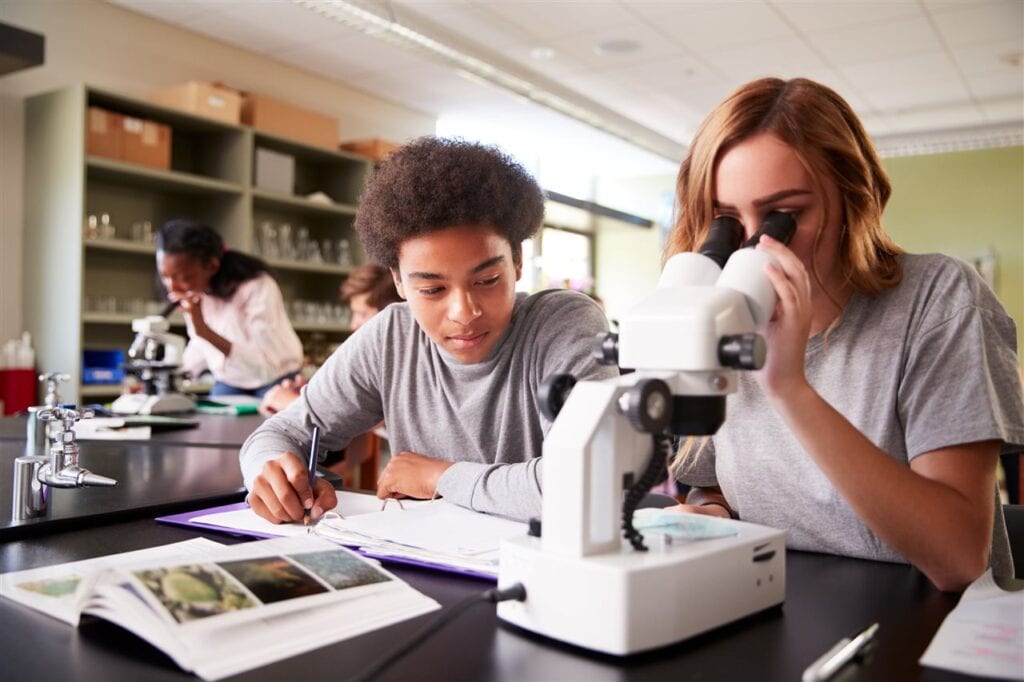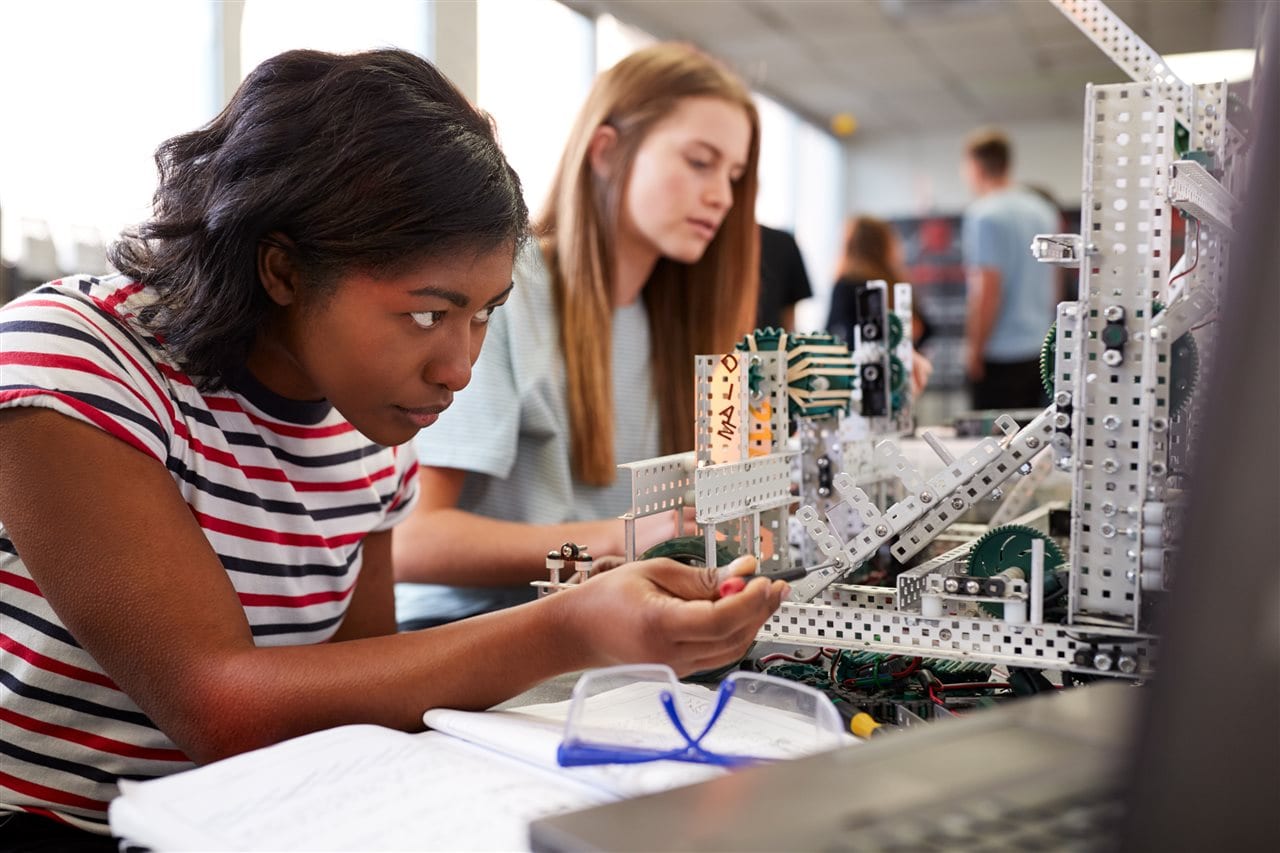(BPT) – Scientists across the world are charging forward in the fight to prevent and treat COVID-19. And they’re harnessing the latest tech and science as they press down on the accelerator at a speed unattainable to date.

But another fight is also playing out during this unprecedented challenge: the urgent need to educate young people while schools remain closed.
As science dominates headlines and dinner conversations, it’s integral that all young people better understand and appreciate science and the role it plays in society. Science literacy can no longer be a luxury or an add-on in an age when it should be embedded into how every sector responds to complex challenges.
The shift to remote learning
For many young people, their first introduction to science at school is through teachers, who clearly deserve appreciation and the deepest thanks right now. Yet as teachers everywhere — 63 million primary and secondary teachers around the world, according to UN News — have had to rapidly transition to online learning to reach the 1.2 billion children currently out of school around the world, many don’t have the resources and support they need to teach successfully.
Among schools in the United States, teachers in the most economically disadvantaged districts are least likely to be able to provide online learning opportunities for all students, according to Education Week. Today’s school closures magnify the inequities that were always present in society and schooling before COVID-19.
So how can science teachers, far from their classrooms, best encourage a scientific mindset that is needed now more than ever to understand the world? One solution is LabXchange, an online community for learning, sharing and collaboration. This free platform, launched by Harvard University and the Amgen Foundation, makes science accessible to hundreds of thousands of high school and college students.
Online science platforms support teachers
LabXchange’s virtual simulations remove barriers of expensive equipment, safety issues, and the extra time teachers need to prepare materials for school labs, which is beneficial now more than ever when teachers are shifting how they deliver science education. Free, comprehensive online platforms like LabXchange, Khan Academy and others can meaningfully advance students’ learning and interest in science, even when they aren’t at school.
“When young people learn science, they need to be able to make mistakes, to be creative, to try something again and again by experimenting without worrying about breaking something,” says Dr. Scott Heimlich, vice president of the Amgen Foundation.
“Failure is an inherent part of the scientific process, but too often the way science is taught in school leaves no time for mistakes or creativity or play,” Heimlich says. “Even with its limits, technology can indeed support teachers to meet their lesson goals by embedding our latest understanding of how students lean into the design process.”
Meeting teachers’ and students’ needs
Well-designed programs should put teachers in the driver’s seat. In-person lab programs like the 30-year-old Amgen Biotech Experience have laid a strong groundwork for how best to reach students, especially those in underserved communities, by engaging them in science. While technology is best used to complement or supplement in-person instruction, the Amgen Biotech Experience labs are now available virtually through LabXchange, showing how an online experience can be used to teach lab skills remotely.
With new online platforms, science teachers can remix high-quality, curated resources into customized learning pathways for different groups of students with different needs. Teachers can also embed their own content along with assessments to gauge their students’ learning and understanding.
A scientific mindset
For science to be accessible to all, especially now, the world needs more forward-looking educational technology that gives teachers and students the tools they need to foster a scientific mindset. All around us today, scientists are leveraging the most powerful tools and platforms in the fight against this virus. Science teachers — and their students — deserve the same.


